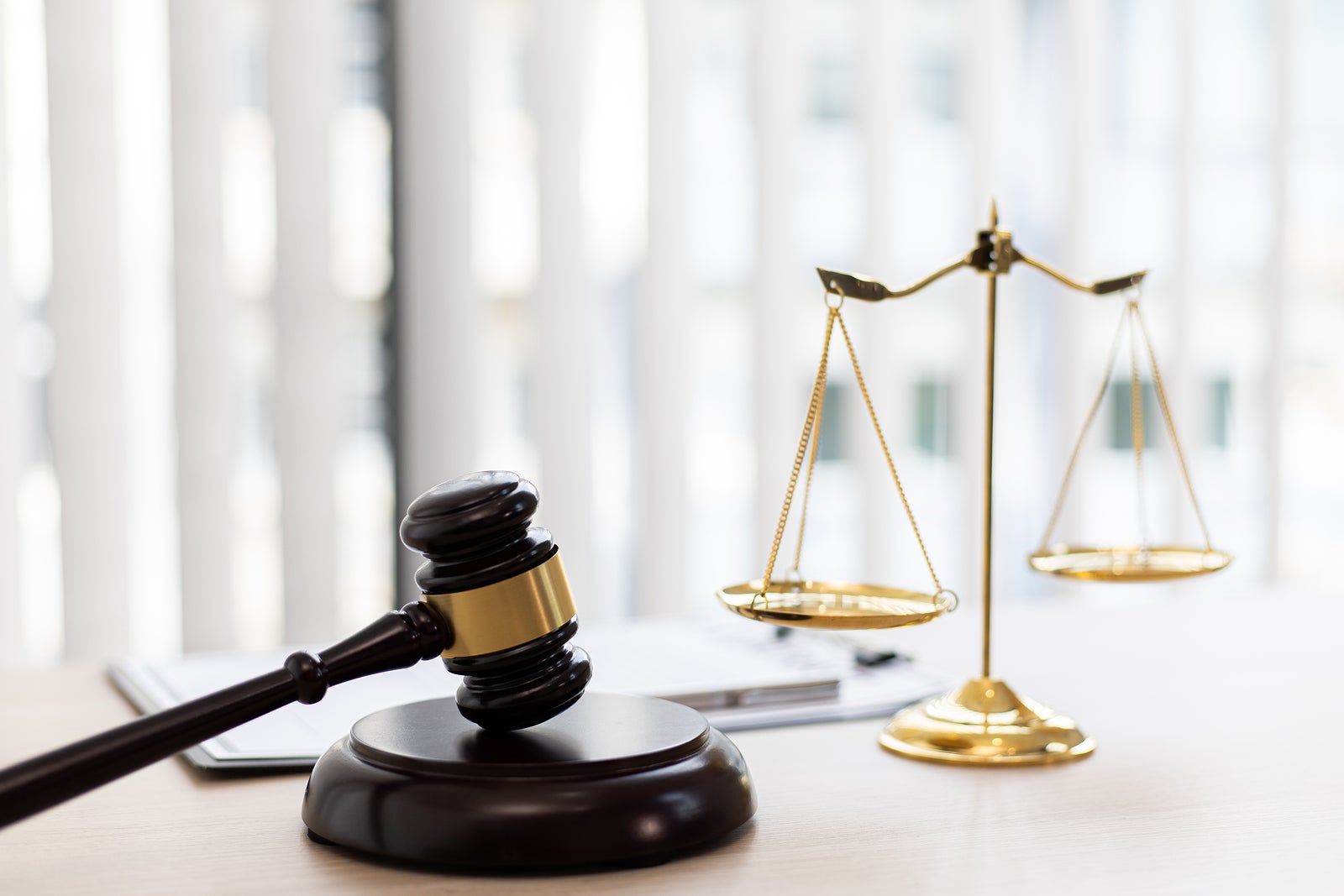
Disclaimer: The information expressed in this article is the author’s own and is not intended to replace professional legal advice nor be construed as legal advice from the publisher.
Libel may not be something you have considered as a blogger, but it’s important to get to grips with it as soon as possible before slipping up. Read on for more…
If you’re a blogger, whether as a hobby or a profession, you’ll no doubt love what you do. You get to write about what you want, when you want – what could be better than that?
Unfortunately, there are one or two risks when it comes to producing content online. Everything you publish can be scrutinised and, if you aren’t careful, you could be accused of committing libel in your blogs.
Defamation law in Ireland and the rest of the world can be confusing to get your head around. So, it’s vital that you’re aware of exactly when you might be accused of committing libel and the steps you can take to avoid it. To answer any questions you might have about defamation and libel, don’t hesitate to keep reading…
What’s the Difference Between Defamation, Slander and Libel?
Before we get started, let’s take a closer look at what we are actually discussing in this post. After all, if you have no idea what libel is, you’ll probably be wondering what all the fuss is about.
The terms defamation, slander and libel are frequently thrown about – often interchangeably. While, yes, they have very similar meanings, there are some distinct differences between the three that are important to understand.
Defamation
Defamation is the overarching term used if you’re referring to slander or libel. It essentially covers instances where a false statement is made online which can cause serious harm to an individual’s or businesses’ reputation. If someone believes they are a victim of defamation, they may be able to launch a legal defamation claim.
Slander
Slander is a specific form of defamation that refers to false claims being made through the spoken word. This could be in the form of a damaging statement made in an interview, podcast or audiobook.
Libel
The difference between slander and libel is that libel is a form of defamation through a permanent form of communication – mostly the written word. Hence where the issue of blogging and libel comes into play. Libel could also cover visual forms such as painting and illustrations, so long as they could be regarded as defamatory.
What Defences Against Libel Are There?
There are four main defences against a libel claim:
1. Truth
Self-explanatory really – you’re telling the truth. If you can back up your statement with hard evidence, then you’ll be protecting yourself from libel.
2. Opinion
You can also defend yourself if you can demonstrate that you have simply expressed an opinion rather than claiming something to be a fact.
3. A Matter of Public Interest
You may also be able to prove that the content in your blog is a matter of public interest.
4. Privilege
Certain statements may be protected on occasions where public policy requires people to be able to speak freely.
How Can You Tell the Difference Between Fact and Opinion?
The lines between opinion and fact can often become blurred. However, they are important to distinguish when it comes to defending against accusations of libel.
In simple terms, a fact refers to a statement that is true or real; backed by evidence. An opinion is a statement that a person believes to true, representing the outlook of an individual.
As a blogger, you cannot be accused of committing libel if you have expressed an opinion in your work. However, crucially, you’ll still need to make this as clear as possible.
Claire de Than, a senior lecturer at City University’s law school outlined this, saying: “The chances of a blog with a small audience being sued successfully for defamation are small, and bloggers often have the defence of honest opinion, but they need to make it clear that it is an opinion.
“Even a typo or a misplaced quotation mark can lead to a libel allegation.”
What Could Happen If I’m Found Guilty of Libel?
If you’re accused of committing libel in a blog, the onus will then be on you to prove your innocence in court. Not fun.
If you are found guilty of producing a libelous statement, there are likely to be repercussions. The individual or company that claims to a victim of libel can file for a lawsuit which will vary depending on the perceived damage to reputation.
Are You Committing Libel If You Republish a Statement?
In short, yes. Generally speaking, anyone who repeat’s someone else’s statements that are defamatory are deemed to be just as responsible as the original writer – if they knew or had reason to know, of the libel.
Are There Any Blogging Libel Examples?
There have been several examples of bloggers who have been dragged into libel proceedings after publishing content online which was deemed to be defamatory.
A notable example took place in 2009, where a British blogger was sued by an US based online game company, Evony, over a series of allegations made on his website.
The blogger made claims that Evony was an exploitative game that had links to another company that was being sued for fraud by Microsoft. Interestingly, the company looked to sue the blogger in question under Australian law, using the argument that the offending post could be read there.
The case was eventually dropped during the trial, but it set a precedent about how large an online audience could be judged to be, and which cases can potentially be brought.
Can You Get Libel Insurance?
There are insurance packages available to protect against libel, but don’t get too ahead of yourself – they can be very pricey.
Libel insurance packages are mainly aimed at big media companies and are likely to be well out of the budget range of an average blogger.
It’s, therefore, best practice to be properly clued up on what you can and cannot publish to avoid the chances of being accused of libel. Get a second opinion and consider if what you’re writing could be misinterpreted – that way you’ll be giving yourself the best chance of avoiding any possible lawsuits.
Do You Have Any Concerns About Libel?
So, there you have it. Hopefully this post has given you a better idea about what libel is and how you may fall foul of it while you’re blogging.
Have you had any experiences with libel while blogging in the past? It’d great if we could get a further discussion going in the comments below, so feel free to share your own advice!
2260 Views












